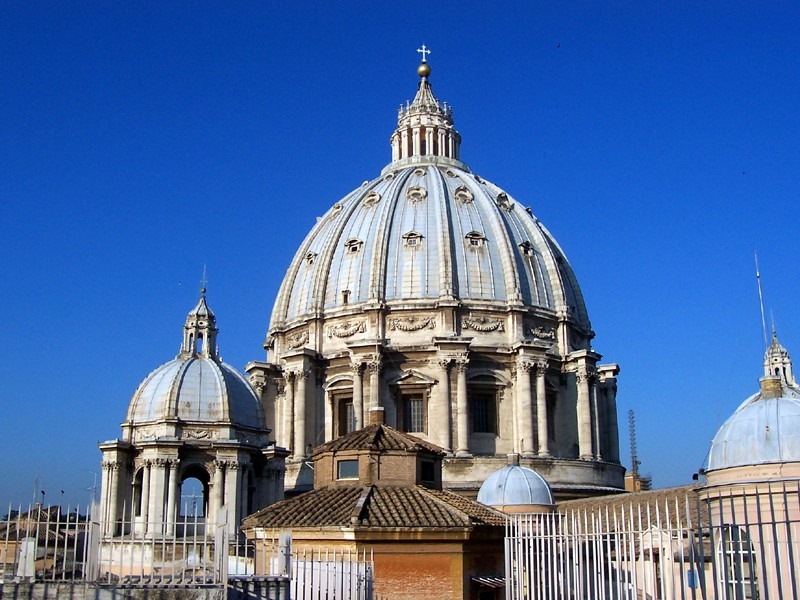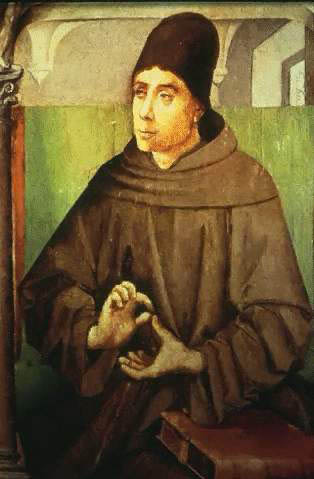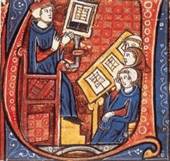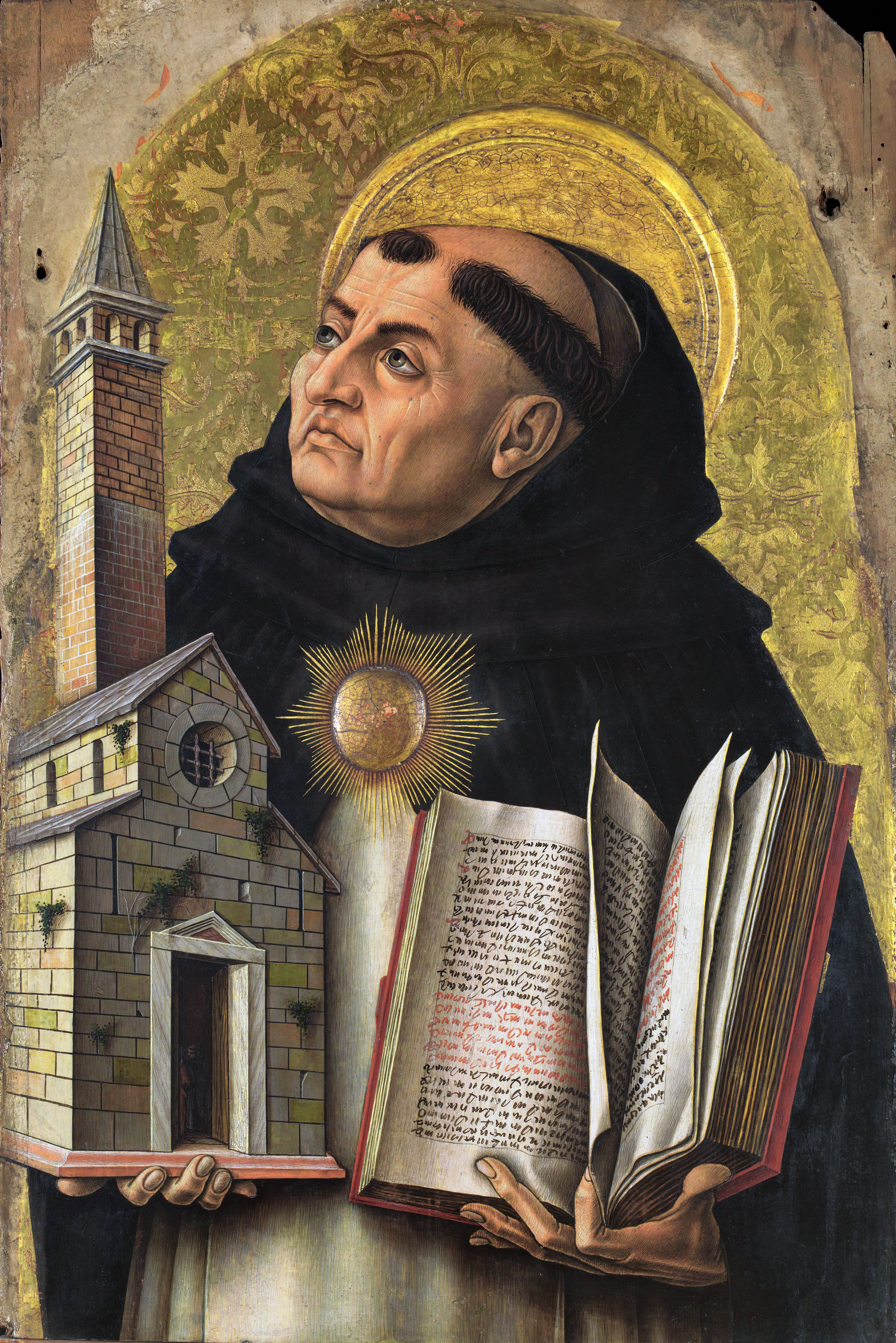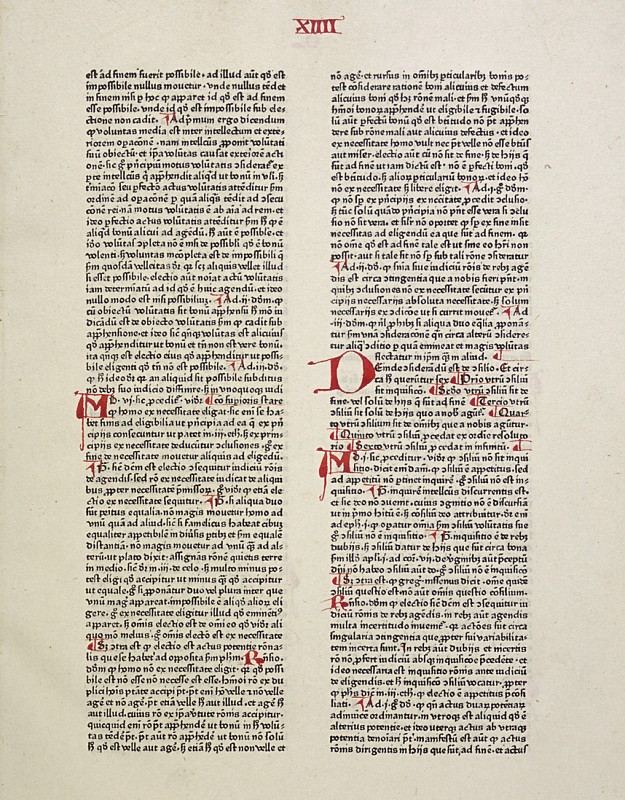Thomism
Enlarge text Shrink text- Work cat.: Pawlak, Z. Neoscholastyka i formy jej kontynuacji, 2001.
- Kerr, F. After Aquinas : versions of Thomism, 2002.
- Wikipedia, Oct. 10, 2006(Thomism is the philosophical school that followed in the legacy of Thomas Aquinas. The word comes from the name of its originator, whose summary work Summa Theologiae has arguably been second to only the Bible in importance to the Catholic Church; Thomistic philosophy)
- The Cambridge dict. of philosophy, 1999(Thomism, the theology and philosophy of Thomas Aquinas. The term is applied broadly to various thinkers from different periods who were heavily influenced by Aquinas's though; Thomistic philosophy; Scholasticism)
- Reese, W.L. Dict. of philosophy and religion, 1996(Thomism. The philosophy emerging from the thought of Thomas Aquinas along with the development of this thought by his followers in later centuries; the most influential era for Thomism began in the middle of the 19th century and continues to this day)
- A dict. of philosophy, 2002(Thomism. The philosophy of St. Thomas Aquinas and his intellectual disciples. See also Neo-Thomism)
- Iannone, A.P. Dict. of world philosophy, 2001(Thomism. The theology and philosophy of the philosopher Thomas Aquinas, and the development of his philosophical approach by his followers in later centuries. There are three main eras of Thomistic influence: thirteenth- and fourteenth-century Thomism; sixteenth- and seventeenth-century Thomism or second Thomism; and nineteenth- and twentieth-century Thomism, the period of its greatest influence; under Scholasticism: see also Thomism)
Thomism is the philosophical and theological school which arose as a legacy of the work and thought of Thomas Aquinas (1225–1274), the Dominican philosopher, theologian, and Doctor of the Church. In philosophy, Thomas's disputed questions and commentaries on Aristotle are perhaps his best-known works. In theology, his Summa Theologica is amongst the most influential documents in medieval theology and continues to be the central point of reference for the philosophy and theology of the Catholic Church. In the 1914 motu proprio Doctoris Angelici, Pope Pius X cautioned that the teachings of the Church cannot be understood without the basic philosophical underpinnings of Thomas's major theses: The capital theses in the philosophy of St. Thomas are not to be placed in the category of opinions capable of being debated one way or another, but are to be considered as the foundations upon which the whole science of natural and divine things is based; if such principles are once removed or in any way impaired, it must necessarily follow that students of the sacred sciences will ultimately fail to perceive so much as the meaning of the words in which the dogmas of divine revelation are proposed by the magistracy of the Church.
Read more on Wikipedia >
 Topic
Topic


